In a rendition of "Santa Baby," Miley Cyrus sings, "A girl's best friend is equal pay." The remix might be new but debates and discussions about equal pay have been quite long-standing. Esther Peterson was the woman who pushed the Equal Pay Act in 1963 and paved the way for discussions and actions around the same. The bill was signed by President John F. Kennedy on June 10, 1963, to ensure that there was no sex-based wage discrimination.
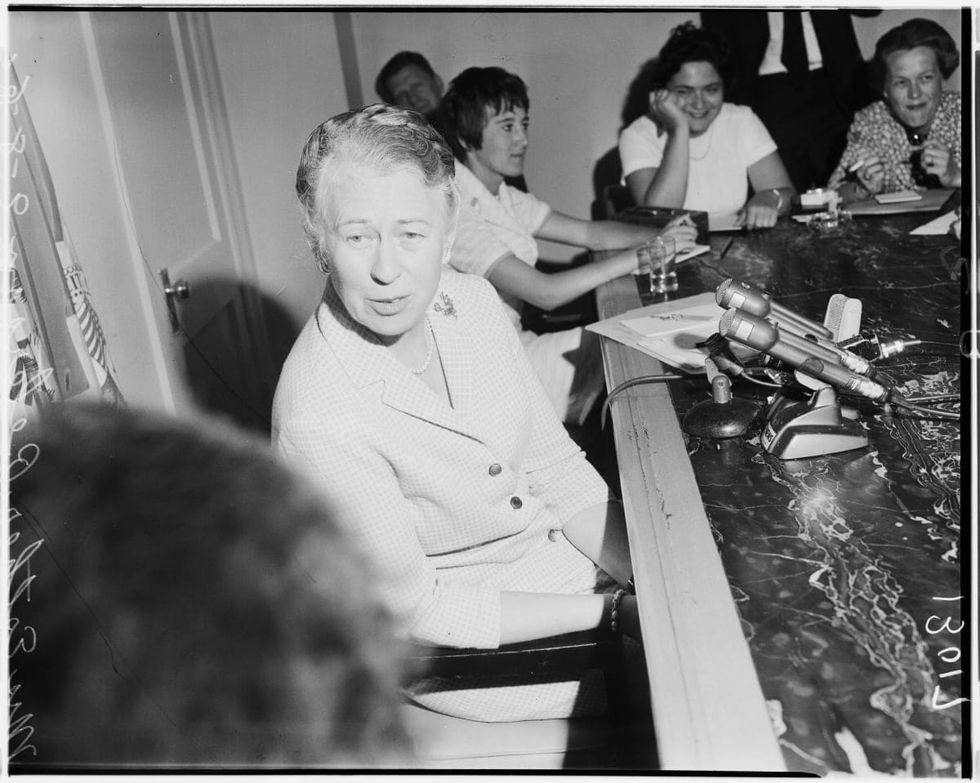
Peterson was the leading reason behind the act and was the highest-ranking woman in Kennedy's administration. The president appointed her as the Head of the Women's Bureau at the beginning of his term. She was later promoted to Assistant Secretary of Labor in 1963. As per History TV 18, Peterson remembered advocating for the Equal Pay Act even when it was not a top agenda at White House in a 1970 interview.
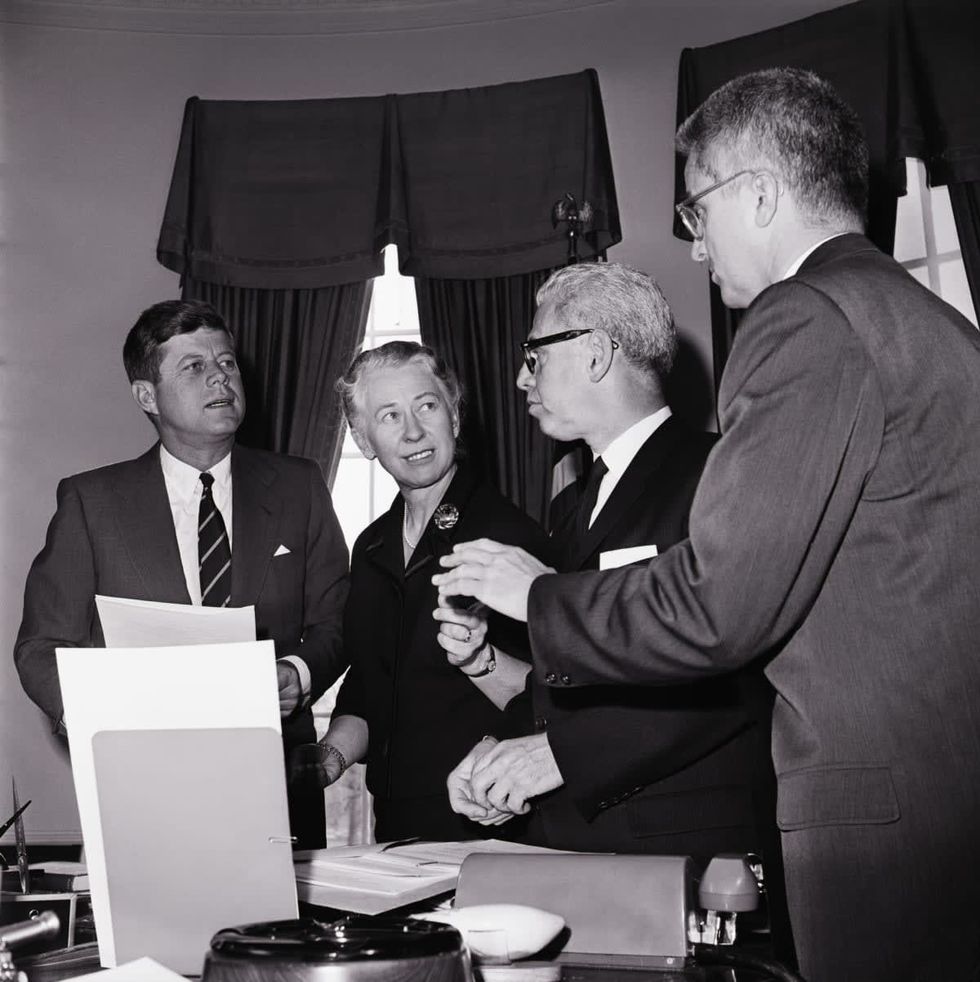
“Equal pay was never a top priority,” she said in the interview and added, “[The White House] helped me at certain times, but I’ve literally carried that bill up.” However, the Equal Pay Act was not the first time someone had pushed for equal pay for women. As per the source, the interest in this topic began in 1896, when it was first brought to the Republican party platform. As a senator, Kennedy co-sponsored the Equal Pay bill in 1957 but never held much discussion around it. Although he supported equal pay it was not a priority for him. Peterson confirmed this in the 1970 interview and shared that the White House didn't intervene much in the work of the Women's Bureau on the Equal Pay Bill. She said, “We were given the responsibility and we lobbied it through.” She was asked if the bill was a top priority at the White House, to which she replied, “No. We didn’t get help from them… We got the bill through ourselves, frankly.”
She played a key role in putting together the testimony for the hearing on the Equal Pay Bill in 1962. She also liaised with other groups to lobby members of Congress to support the bill. The next year Congress passed the bill through amendments to the Fair Labor Standards Act of 1938 to protect against wage-based discriminations. However, the bill was slightly different from what Peterson had advocated for. She advocated for "Equal Pay for comparable work" while the bill passed was for "Equal pay for equal work." Peterson believed that the bill needed some strengthening and work.
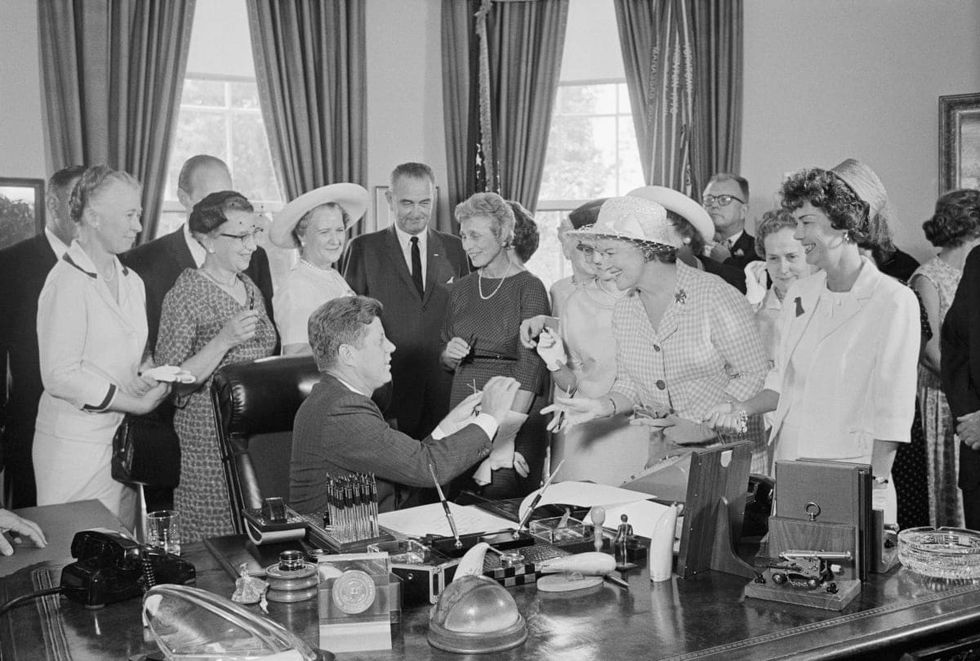
Peterson was proven right because, as per the Pew Research Centre report in 2022, gender-based and ethnicity-based discrimination in wages still exists. As per the report, black women earned 70 percent of what white men earned while Hispanic women earned 65 percent of what white men earned.
In 2023, Congress even considered the Paycheck Fairness Act to strengthen the Equal Pay Act but didn't pass it. Peterson's contribution was not restricted to this single act though. After JFK's assassination in 1963, she continued to work for Lyndon B. Johnson’s administration. He appointed her as Special Assistant to the President for Consumer Affairs, a role she returned for during Jimmy Carter’s term. She advocated for food labels to list nutritional information and grocery stores to list down prices per unit so consumers could make better decisions. She also advocated for better child care. Her endeavor for the act is an inspiration for women in power and for women around the world to keep pushing for their rights.





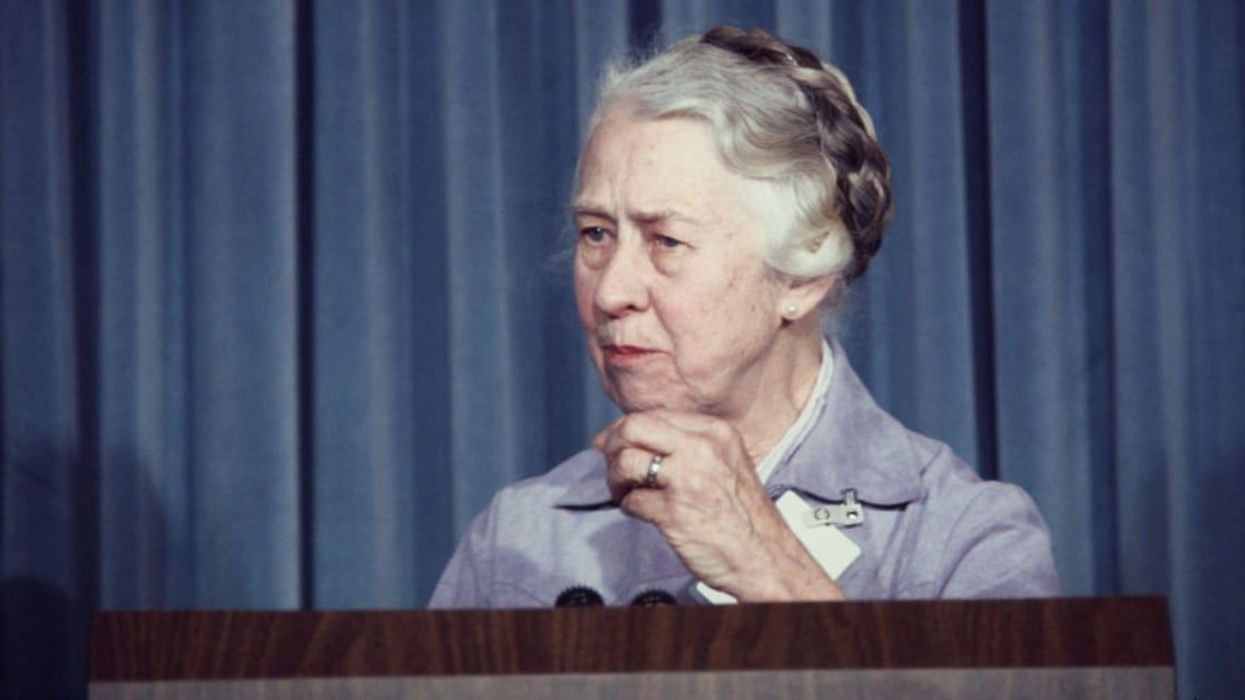












 A symbol for organ donation.Image via
A symbol for organ donation.Image via  A line of people.Image via
A line of people.Image via  "You get a second chance."
"You get a second chance." 

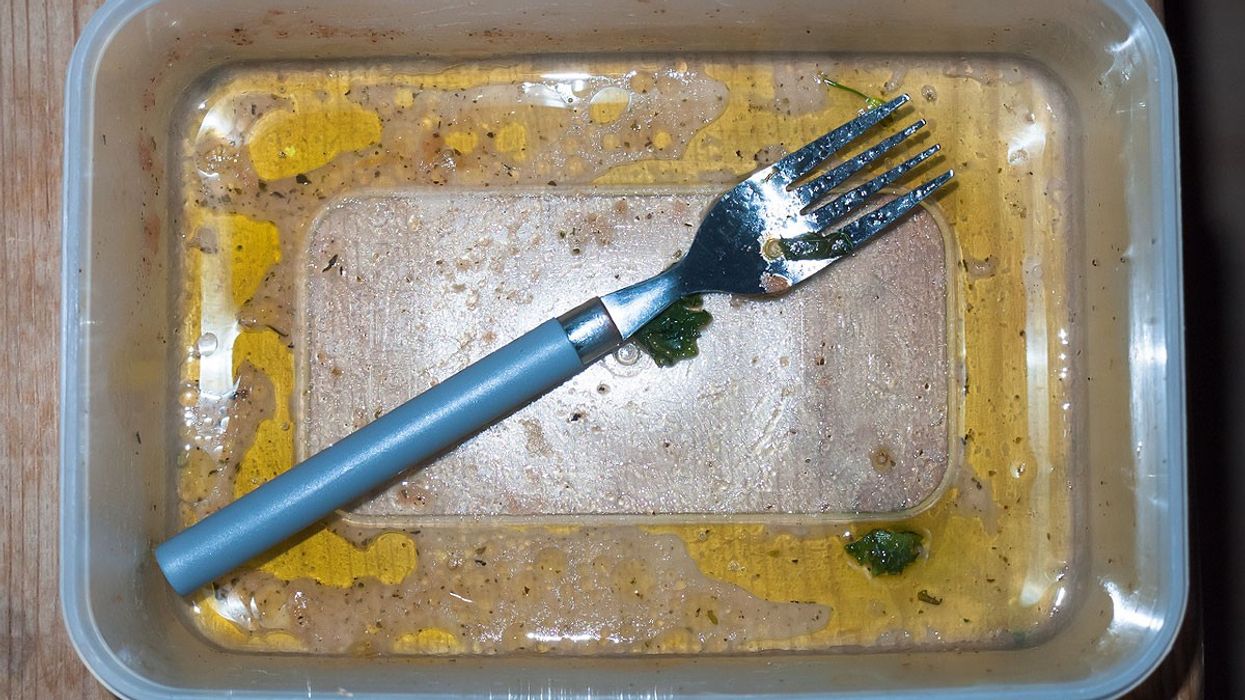
 Some plastic containers.Representational Image Source: Pexels I Photo by Nataliya Vaitkevich
Some plastic containers.Representational Image Source: Pexels I Photo by Nataliya Vaitkevich Man with a plastic container.Representative Image Source: Pexels | Kampus Production
Man with a plastic container.Representative Image Source: Pexels | Kampus Production
 Photo by
Photo by 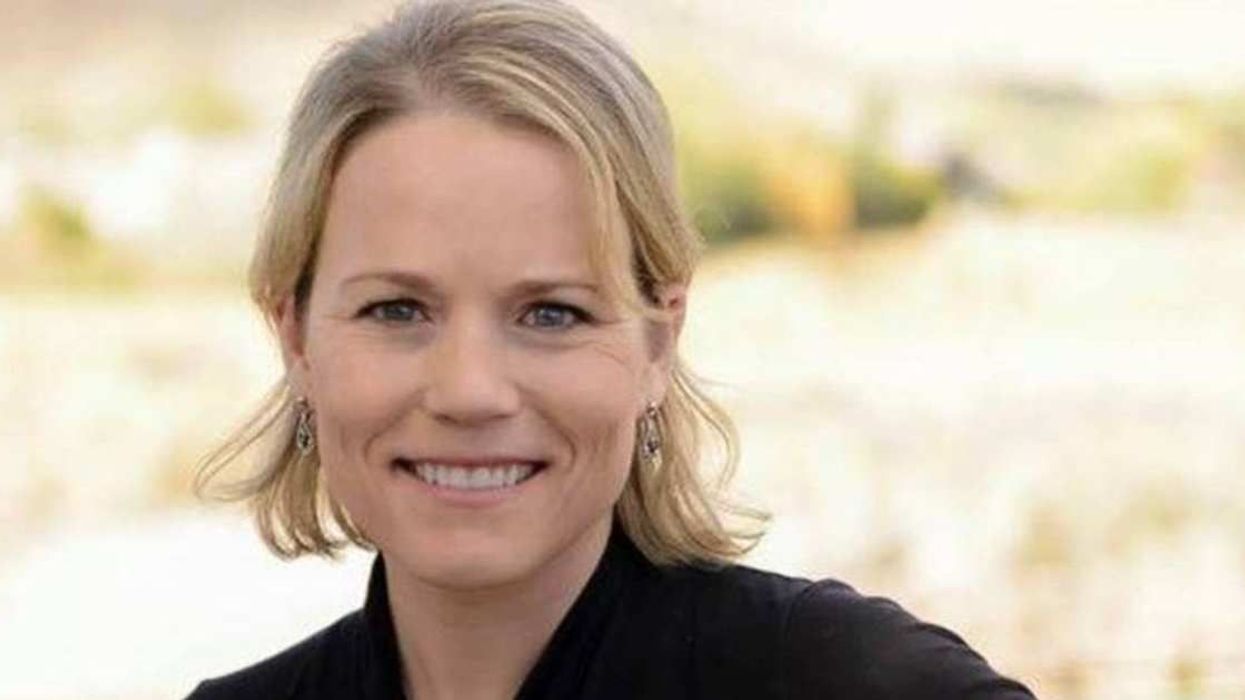
 Canva
Canva It's easy to let little things go undone. Canva
It's easy to let little things go undone. Canva
 Teens are waiting longer than at any point in the survey’s history. Canva
Teens are waiting longer than at any point in the survey’s history. Canva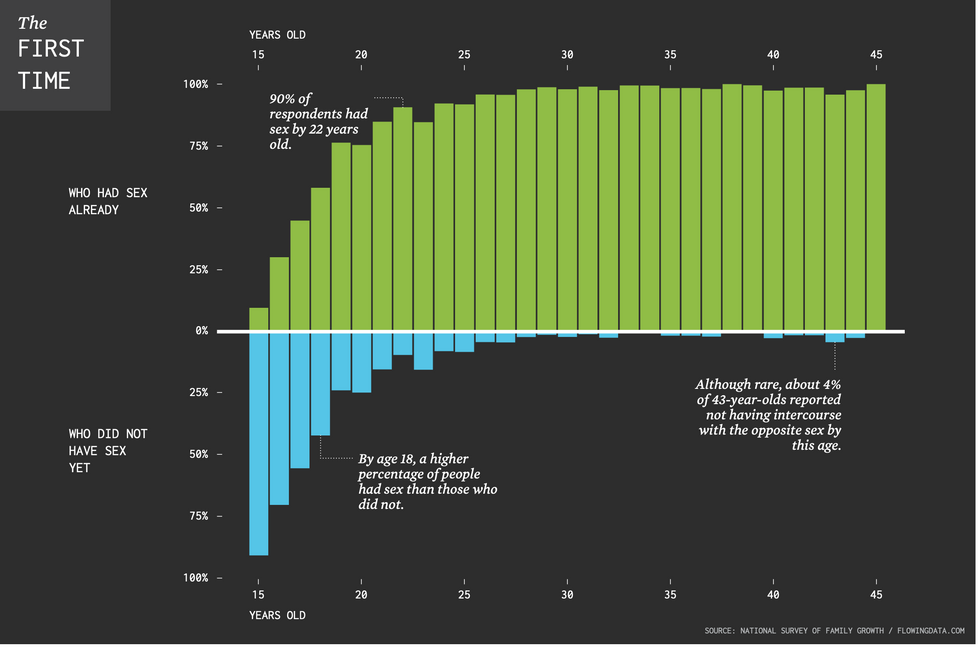 Chart on the age of a person’s first time having sex.National Survey of Family Growth/flowing data.com | Chart on the age of a person’s first time having sex.
Chart on the age of a person’s first time having sex.National Survey of Family Growth/flowing data.com | Chart on the age of a person’s first time having sex.
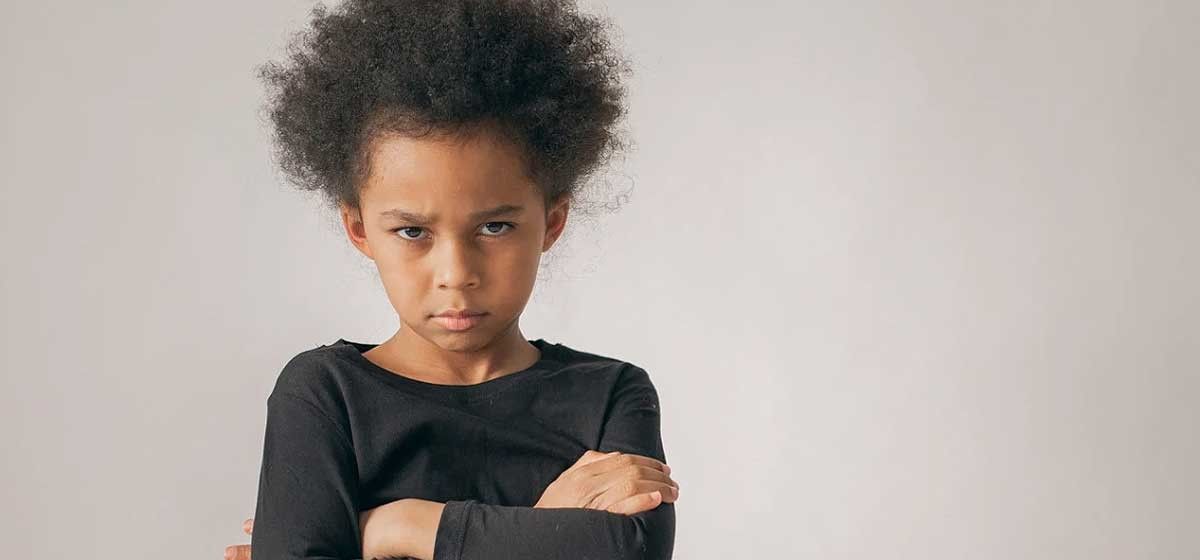 Kids know the good adults from the bad.
Kids know the good adults from the bad.